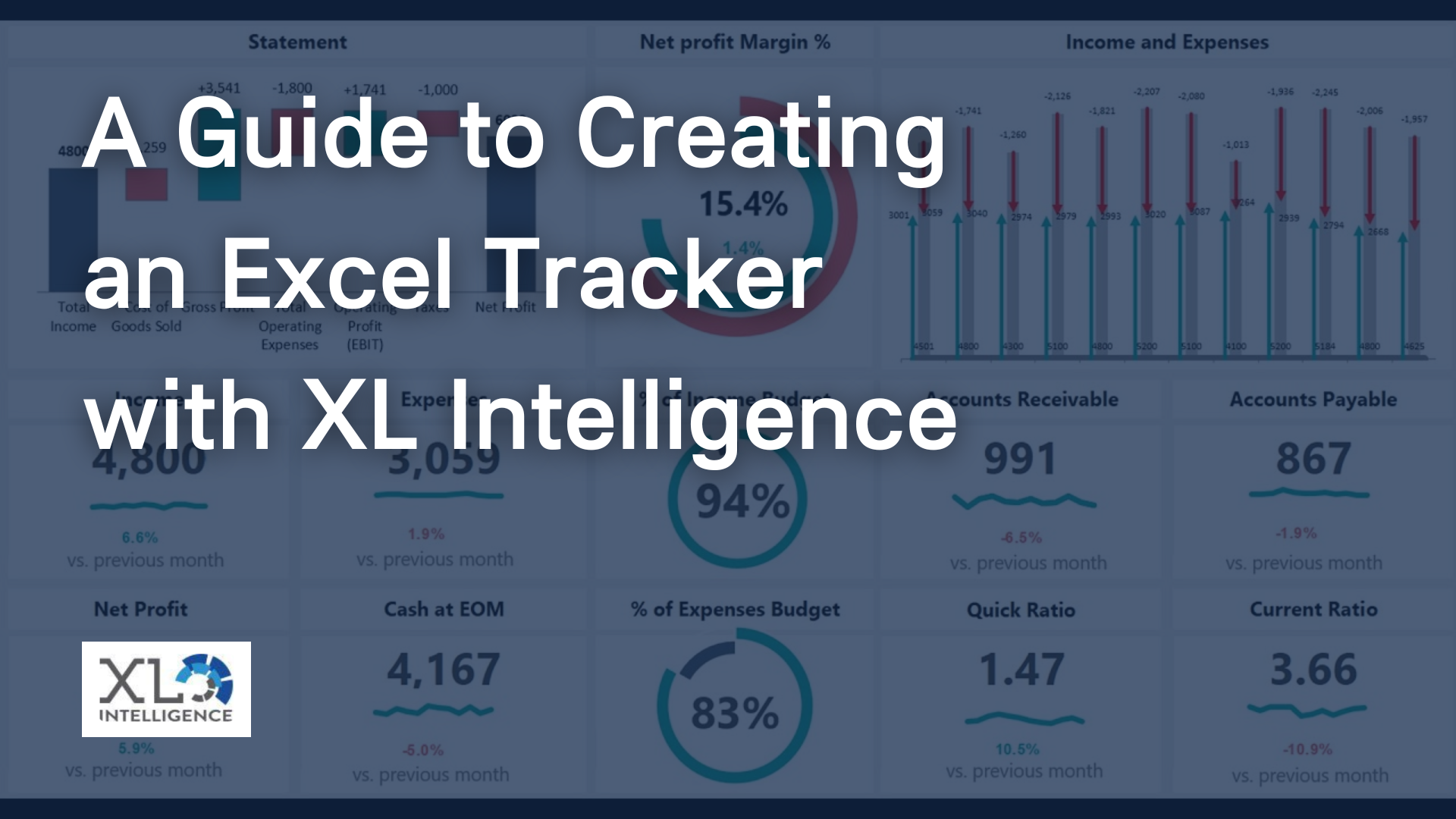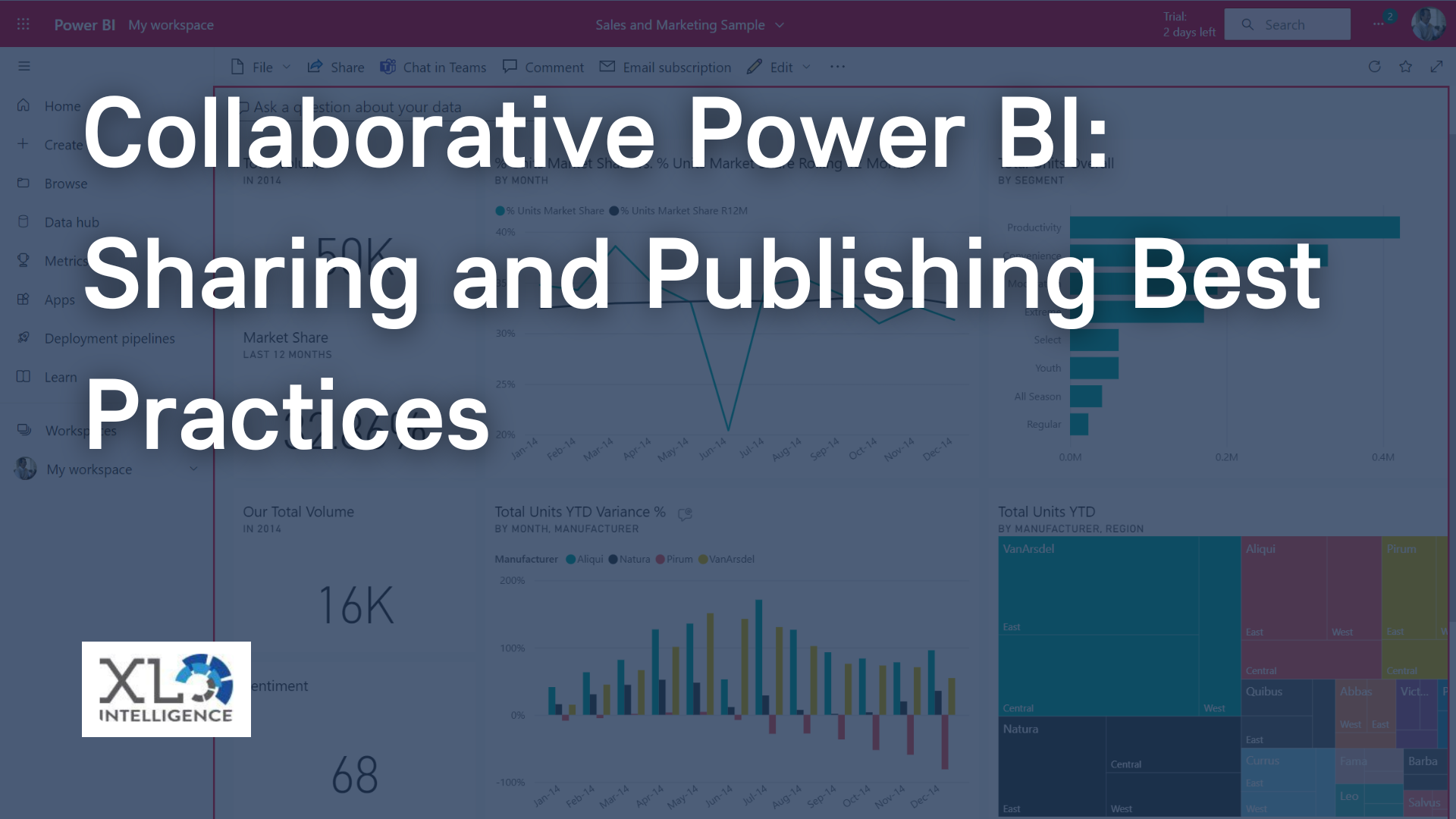Solutions that aim to give you results, to help you make important decisions.

Every industry is looking for ways to increase productivity and efficiency. The engineering industry is no exception. One of the most effective ways to achieve this is through the implementation of business intelligence (BI) tools. BI tools can help engineering firms to collect, organise and analyse data, which can then be used to make more informed decisions. In this article, we will explore how business intelligence can improve productivity and efficiency in the engineering industry.
Ready to discuss your business intelligence needs? We work with organisations across a wide range of industries including legal, IT, finance, engineering and psychology. Click HERE now to see how we can help with your training and consultancy needs.
What is Business Intelligence?
Business intelligence (BI) is a set of technologies, tools, and practices that are used to collect, integrate, analyse and present business data. The goal of BI is to provide businesses with insights into their operations and help them make more informed decisions. BI can be used to analyse data from various sources, including sales data, customer data, production data and financial data. BI can also be used to create reports and dashboards that provide a visual representation of the data.
How Business Intelligence Can Improve Productivity and Efficiency in the Engineering Industry
1. Identifying Opportunities for Improvement
Business intelligence can help engineering firms to identify areas where they can improve their processes. By analysing data from various sources, such as production data, maintenance data, and quality data, engineering firms can identify areas where they can improve efficiency and reduce costs. For example, BI tools can help engineering firms to identify bottlenecks in their production processes and suggest ways to eliminate them.
2. Monitoring Equipment Health
In the engineering industry, equipment downtime can be a major source of lost productivity. Business intelligence can help engineering firms to monitor the health of their equipment and identify potential problems before they become major issues. By analysing data from sensors and other sources, engineering firms can detect patterns that indicate equipment is about to fail. This allows them to take proactive steps to prevent downtime and improve productivity.
3. Predictive Maintenance
Predictive maintenance is another area where business intelligence can improve productivity and efficiency in the engineering industry. By analysing data from various sources, such as equipment sensors and maintenance records, engineering firms can predict when equipment is likely to fail and schedule maintenance accordingly. This can help to reduce downtime and improve the reliability of equipment.
4. Streamlining Production Processes
Business intelligence can also help engineering firms to streamline their production processes. By analysing data from various sources, such as production data, quality data, and maintenance data, engineering firms can identify areas where they can improve their processes. For example, BI tools can help engineering firms to identify the most efficient production sequences and suggest ways to optimise them.
5. Improving Inventory Management
Effective inventory management is critical to the success of any engineering firm. Business intelligence can help engineering firms to optimise their inventory levels by analysing data from various sources, such as sales data, production data, and supplier data. By using BI tools to forecast demand and optimise inventory levels, engineering firms can reduce the risk of stockouts and minimise inventory carrying costs.
Business Intelligence (BI) has been proven to be an invaluable tool for companies across various industries, including engineering. The integration of BI in engineering operations has enabled firms to collect, analyse and interpret data in real-time, providing them with valuable insights into their business operations. These insights, in turn, can be used to improve productivity and efficiency.
One of the primary benefits of BI is its ability to help companies make better-informed decisions. By analysing data from multiple sources, BI can provide engineers with a clear understanding of their operations and enable them to identify areas that need improvement. With the insights generated by BI tools, engineers can make data-driven decisions to optimise production processes, identify operational bottlenecks and reduce downtime.
BI can also help improve customer satisfaction by providing insights into buying patterns, market trends and customer behaviour. By using this information, engineers can better understand customer needs and preferences, develop products that meet their expectations, and ensure that their company remains competitive.
In addition, BI can help engineers improve their performance by providing them with relevant data on their operations. By measuring the effectiveness of their activities, engineers can make adjustments to improve their ROI. The CRM systems integrated with BI intelligence can also help engineers to generate leads, track areas that require improvement, and provide marketing insights to make informed decisions on spending money.
Overall, the use of BI tools in the engineering industry can significantly improve productivity and efficiency. By enabling engineers to make data-driven decisions, identify operational inefficiencies, and better understand customer needs, BI can help engineering firms stay competitive and achieve their business goals. However, it is essential to note that creating useful BI is a moving target that must adapt as available data and organisational needs change. Therefore, companies must continually map and implement new trends in the development and use of BI systems to ensure efficient use of these expensive systems.
You can read the latest on Advanced Excel training, Dashboard development, Data Analysis, Power BI and VBA HERE.











